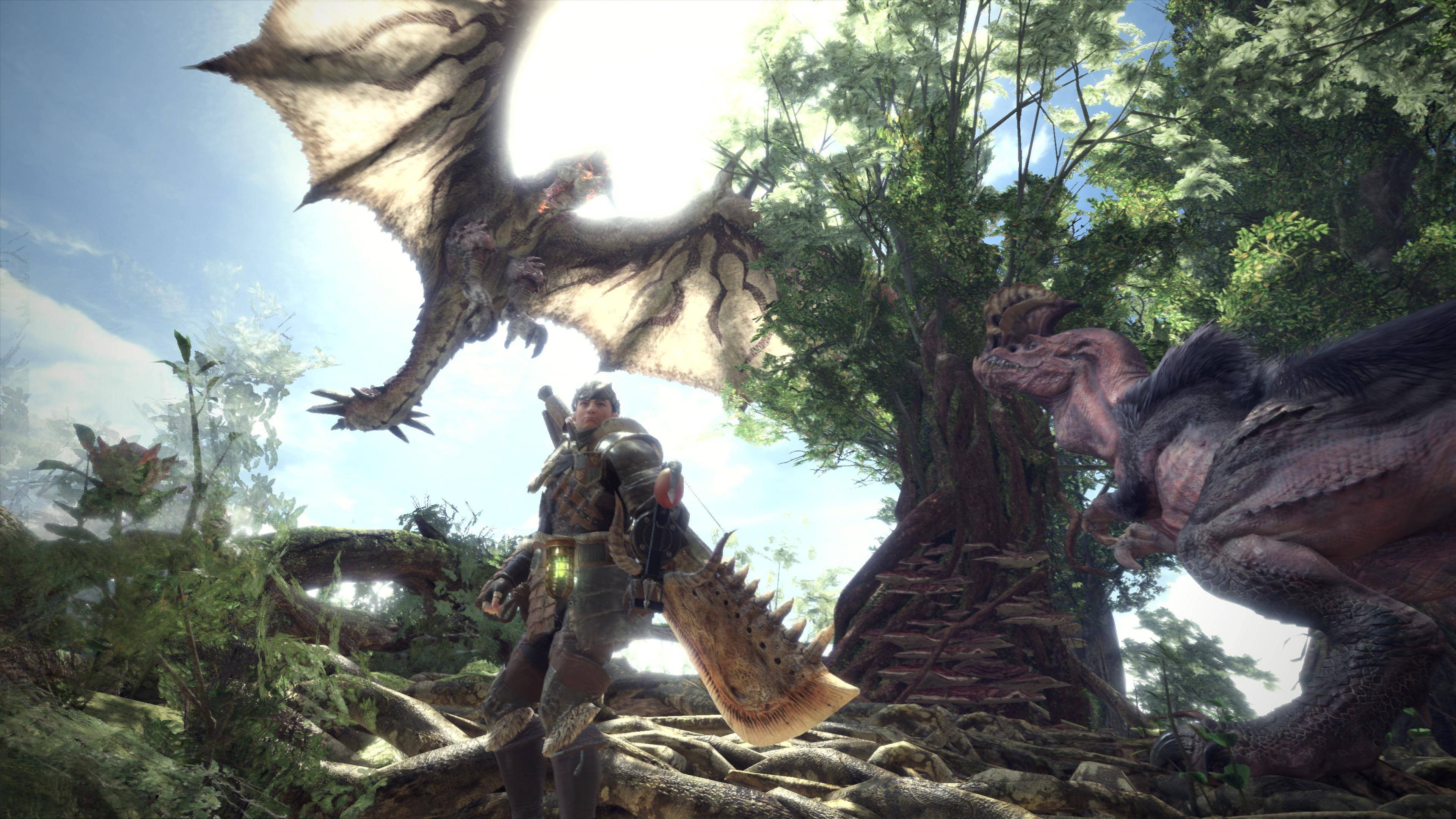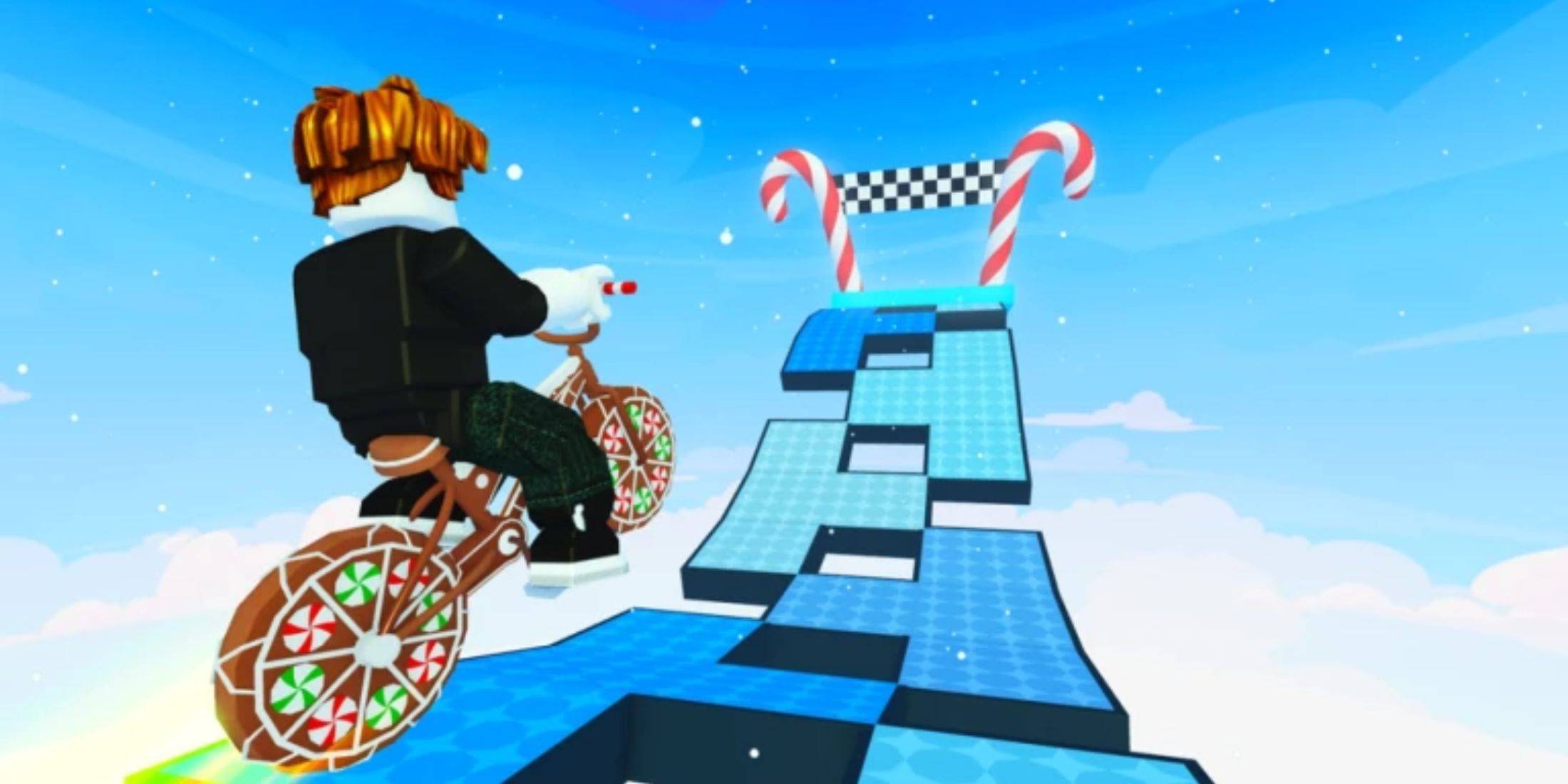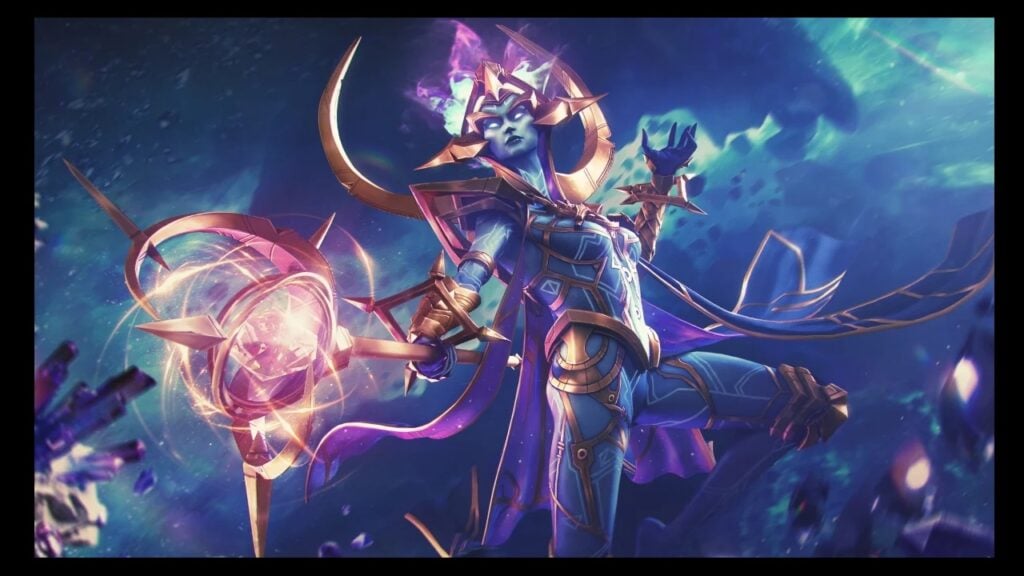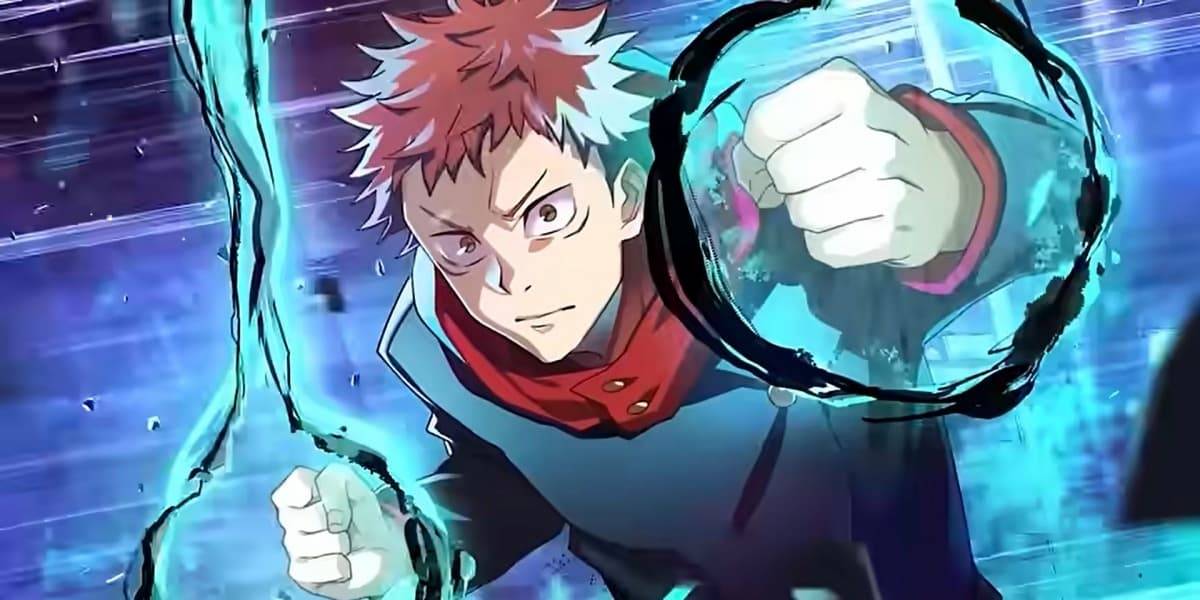How Monster Hunter Took Over the World
Monster Hunter Wilds' Global Domination: From Niche Hit to Worldwide Phenomenon
Monster Hunter Wilds shattered pre-order records on Steam and PlayStation, solidifying Capcom's RPG series as a global powerhouse. This success, however, wasn't guaranteed. Just a decade ago, such widespread popularity would have seemed improbable. The original 2004 release received mixed reviews, and its initial rise to fame was primarily confined to Japan.

The series' breakthrough came with Monster Hunter Freedom Unite on the PSP. Japan's advanced wireless infrastructure allowed for seamless multiplayer, a crucial element of the Monster Hunter experience. This fostered a strong Japanese player base, leading to region-specific content and reinforcing the game's "Japan-only" image.

Capcom's internal restructuring around 2016, coinciding with the introduction of the RE Engine, marked a shift towards global appeal. Hideaki Itsuno, a veteran Capcom director, highlights the clear mandate to create games for a worldwide audience. This contrasted with the company's previous attempts to target Western markets with genre-specific titles, which proved less successful.
The release of Resident Evil 7 in 2017 signaled a turning point. Monster Hunter, while possessing a Western fanbase, was significantly larger in Japan. The focus shifted to making the game accessible to a broader international audience.
The pivotal moment arrived with Monster Hunter: World (2018). Developed for powerful consoles (PS4, Xbox One, and PC), it offered enhanced graphics, larger environments, and a simultaneous global launch—a key factor in avoiding the perception of favoring one market over another.

Extensive playtesting and feedback informed design choices, including the addition of damage numbers—a seemingly small change with a significant impact. Monster Hunter: World and its successor, Monster Hunter Rise, both surpassed 20 million copies sold, a dramatic increase from previous installments.
Ryozo Tsujimoto, executive producer, emphasizes the importance of preserving the core action gameplay while improving accessibility for new players. Analyzing player struggles and incorporating feedback shaped the design of Monster Hunter Wilds.
The game's launch saw a staggering 738,000 concurrent players on Steam, exceeding even Monster Hunter: World's peak. Positive reviews and planned content strongly suggest Monster Hunter Wilds will continue the series' global conquest.
-
 Jan 27,25Roblox: Bike Obby Codes (January 2025) Bike Obby: Unlock Awesome Rewards with These Roblox Codes! Bike Obby, the Roblox cycling obstacle course, lets you earn in-game currency to upgrade your bike, buy boosters, and customize your ride. Mastering the various tracks requires a top-tier bike, and thankfully, these Bike Obby codes deliver
Jan 27,25Roblox: Bike Obby Codes (January 2025) Bike Obby: Unlock Awesome Rewards with These Roblox Codes! Bike Obby, the Roblox cycling obstacle course, lets you earn in-game currency to upgrade your bike, buy boosters, and customize your ride. Mastering the various tracks requires a top-tier bike, and thankfully, these Bike Obby codes deliver -
 Feb 20,25Where to Preorder the Samsung Galaxy S25 and S25 Ultra Smartphones Samsung's Galaxy S25 Series: A Deep Dive into the 2025 Lineup Samsung unveiled its highly anticipated Galaxy S25 series at this year's Unpacked event. The lineup features three models: the Galaxy S25, S25+, and S25 Ultra. Preorders are open now, with shipping commencing February 7th. Samsung's web
Feb 20,25Where to Preorder the Samsung Galaxy S25 and S25 Ultra Smartphones Samsung's Galaxy S25 Series: A Deep Dive into the 2025 Lineup Samsung unveiled its highly anticipated Galaxy S25 series at this year's Unpacked event. The lineup features three models: the Galaxy S25, S25+, and S25 Ultra. Preorders are open now, with shipping commencing February 7th. Samsung's web -
 Jul 02,22Isophyne Debuts as Original Character in Marvel Contest of Champions Kabam introduces a brand-new original character to Marvel Contest of Champions: Isophyne. This unique champion, a fresh creation from Kabam's developers, boasts a striking design reminiscent of the film Avatar, incorporating copper-toned metallic accents. Isophyne's Role in the Contest Isophyne ent
Jul 02,22Isophyne Debuts as Original Character in Marvel Contest of Champions Kabam introduces a brand-new original character to Marvel Contest of Champions: Isophyne. This unique champion, a fresh creation from Kabam's developers, boasts a striking design reminiscent of the film Avatar, incorporating copper-toned metallic accents. Isophyne's Role in the Contest Isophyne ent -
 Jan 11,25Jujutsu Kaisen Phantom Parade: Tier List Revealed This Jujutsu Kaisen Phantom Parade tier list helps free-to-play players prioritize character acquisition. Note that this ranking is subject to change with game updates. Tier List: Tier Characters S Satoru Gojo (The Strongest), Nobara Kugisaki (Girl of Steel), Yuta Okkotsu (Lend Me Your Stren
Jan 11,25Jujutsu Kaisen Phantom Parade: Tier List Revealed This Jujutsu Kaisen Phantom Parade tier list helps free-to-play players prioritize character acquisition. Note that this ranking is subject to change with game updates. Tier List: Tier Characters S Satoru Gojo (The Strongest), Nobara Kugisaki (Girl of Steel), Yuta Okkotsu (Lend Me Your Stren
